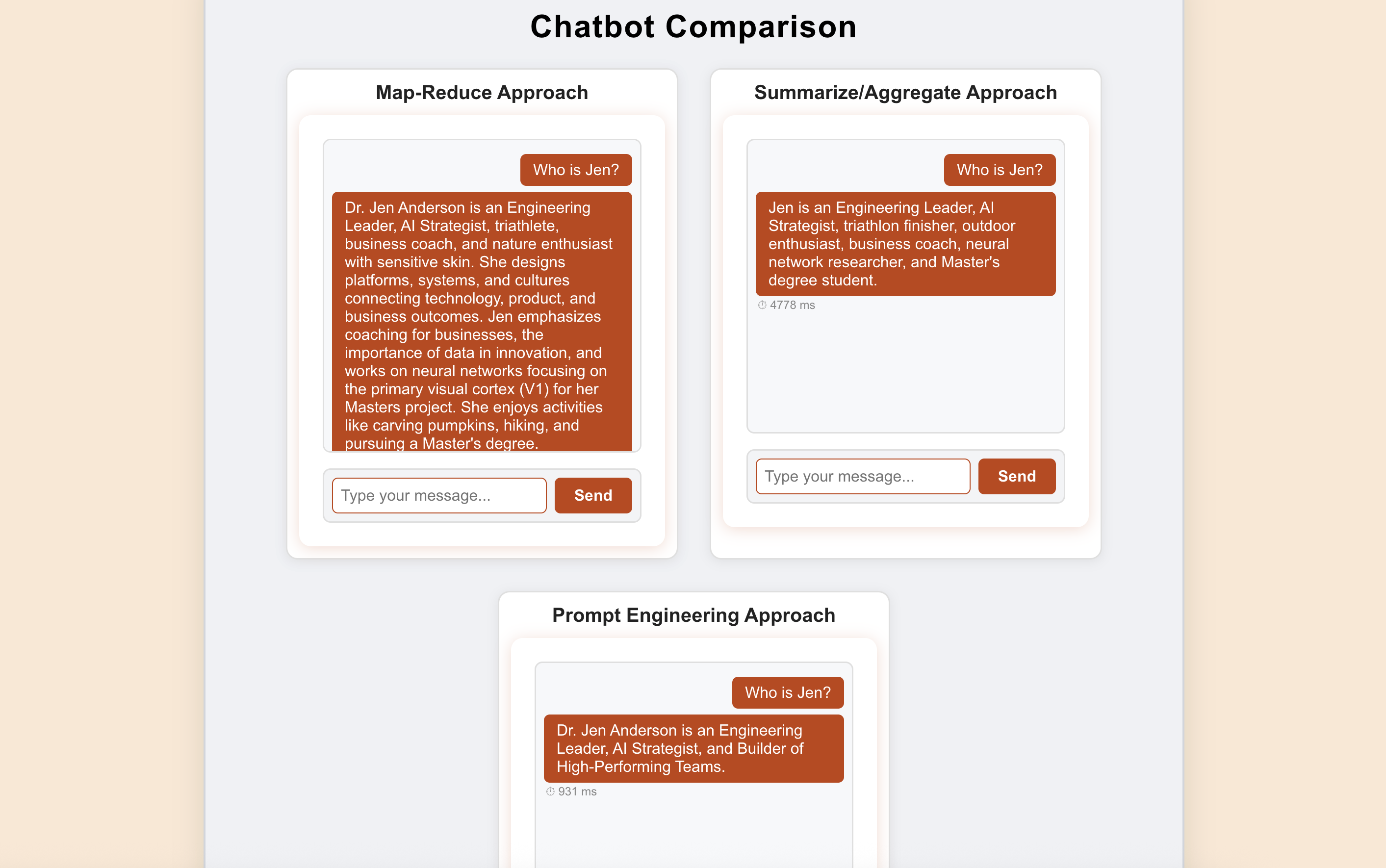Automated XML Site Intelligence & SEO Diagnostics

Created an AI-driven XML site reader and diagnostic toolset to help teams instantly understand and optimize their web presence through natural language queries.
Overview
Aurvia Group created an AI-driven XML site reader and diagnostic toolset to help teams instantly understand and optimize their web presence. The tool consumes XML sitemaps and live HTML content, indexes it, and makes it queryable through natural language — enabling SEO specialists, content strategists, and developers to uncover issues, plan improvements, and measure site authority without heavy manual effort.
Challenge
Growing sites struggle with:
- Complex architectures: Thousands of pages, often organized in deep or nonstandard ways.
- Limited SEO clarity: Manual checks to see what content is discoverable, canonicalized, or blocked.
- Slow analysis cycles: Teams rely on specialized tools and expertise just to audit the basics.
- Disconnected from AI workflows: Difficult to bring structured crawl data into LLM-driven analysis.
We wanted to prove that by indexing and summarizing raw XML + page content, we could make large sites understandable and actionable for both humans and AI systems.
Solution
We built a pipeline and agentic workflow inspired by how engineering intelligence works:
-
Automated Crawl & Parse:
An ingestion agent reads site XML sitemaps and live page HTML to build a complete, up-to-date index of the website. -
Structured Knowledge Graph:
Converts crawl data into a structured model — URL metadata, hierarchy, canonical links, titles, descriptions, and robots.txt / noindex rules. -
AI Reasoning Layer:
Agents summarize and highlight gaps: missing metadata, blocked pages, sitemap mismatches, orphaned pages, and content thinness. -
Natural Language Query Interface:
Users can ask questions like “Which pages aren’t linked in the sitemap?” or “Where are meta descriptions missing or duplicate?” and get instant, AI-backed answers. -
Open API & MCP Integration:
The system is designed to be used by other AI workflows and platforms — data is machine-readable and sharable across agents.
Results
- Crawl Coverage: Successfully parsed and indexed entire sites from sitemap and live crawl in minutes
- Analysis Speed: Reduced manual SEO & content audit prep by ~60–70% compared to manual checks
- Actionable Insights: Instantly surfaced broken links, indexing issues, and structural improvements
- Developer Efficiency: Early testers avoided hours of manual page-by-page review
- AI-Ready Context: Delivered structured site context directly to LLMs for improved QA and content planning
This prototype demonstrated how agentic AI can turn raw web structure into actionable intelligence for marketing, SEO, and platform engineering — and is now a core building block in the Ask-Jentic AI toolkit.
Tech Stack
CrewAI, LangChain, OpenAI API, Next.js (React), TypeScript, Python/FastAPI, XML & HTML parsing libraries, Vercel
This case study highlights Aurvia Group’s Ask-Jentic AI Site Intelligence product — an AI-powered site analysis and SEO diagnostic tool built to make web structures transparent and actionable for both humans and AI.
Ready to build AI-powered diagnostic tools?
Aurvia's Agentic AI Rapid Prototyping Studio helps you create intelligent analysis tools:
- Automated Intelligence - AI agents that crawl, analyze, and surface insights automatically
- Natural Language Queries - Ask questions in plain English, get instant AI-backed answers
- Rapid Development - Functional prototypes in days with AI-accelerated development
- API-First Design - Machine-readable data for AI workflows and integrations
Strategic Technology Utilized
- Custom LMS
- Jupyter Notebooks
- OpenAI API
- LangGraph
- Autogen
- Next.js
- Python
- Google Gen AI SDK
- Windsurf